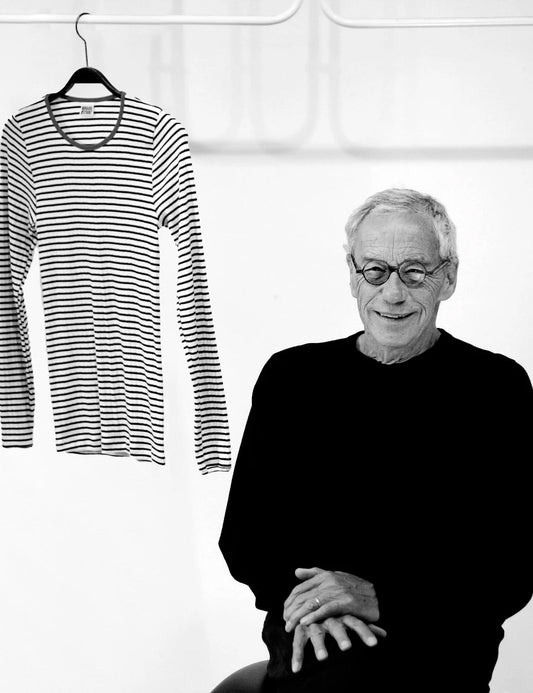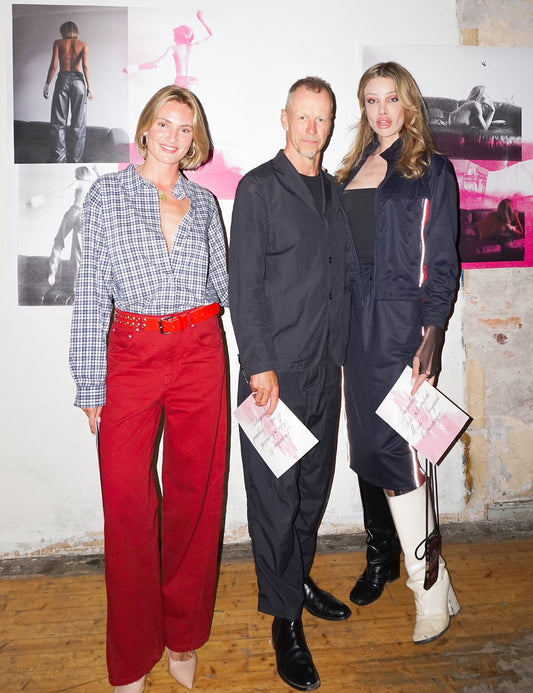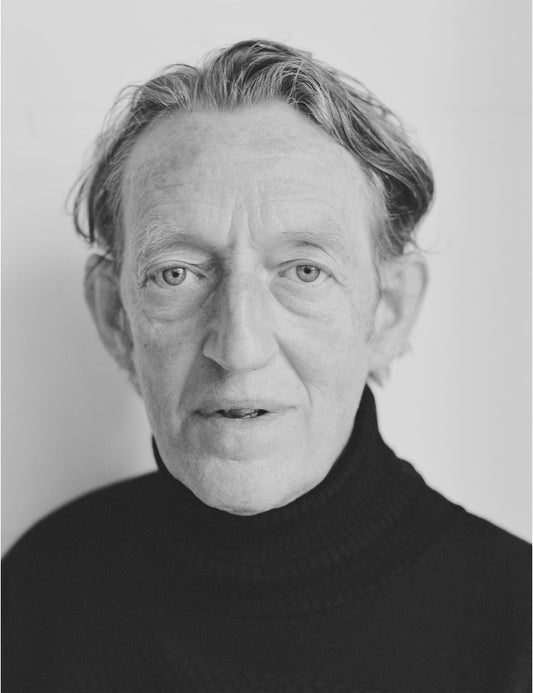You've talked about finding a healthy relationship with what you do. What does the meaning of 'healthy' involve?
Perhaps harmony is a better word. It's harmonious when I let the music find out what it wants and I don't get in the way: when I don't have too many ideas about what something should or shouldn’t become or where it should go. That's how it is for me, and I think it can be very different for others. My art has a shy nature and is much more stimulated by peace and space than by the fact that I have big plans and ambitions. I have colleagues who feel differently and completely opposite. I believe that harmony consists of getting to know the essence of one's art and letting it lead the way. It may sound abstract to talk about your work as a relationship, but in my experience it is actually this image that makes the most sense. I really like the American poet Mary Oliver's image of " that wild, silky part of ourselves without which no poem can live", when she describes the part of a person's being where poetry lives.
How would you describe yourself from the outside when the relationship has been most unhealthy or disharmonious?
When I was younger, I looked for the meaning of everything in art, and when I didn't find it, I looked more forcefully. Dissonance occurs when we want something out of something that it cannot provide. Now I don't look for my meaning of life in art – I don't think that's where it lives at all. I make music because I like it, and that is a much more harmonious basis. The meaning of it comes and goes, but that is a completely different nature that I don't dare to think about.
What balance between life and art are you looking for?
When you have a profession that, by its very nature, works with an audience, and that comes up with lively, seductive and romantic stories about its practitioners, it is important to remember that, even if there are people who come and clap and praise or perhaps do the opposite, then it is the art that gets praised and the art that gets laughed at. And even if an audience may not be able to tell the difference between the art and the artist, there is an important difference. The artist is a very ordinary being: a good artist is an ordinary being who has practiced. It is art alone that has the privilege and challenge to try to be extraordinary. I believe that the seed for that resides in all people, but art cannot and must not fill the whole being.
Does your music improve at all if you, as a performer, are in balance?
As a performing artist, it is not really my job to judge what kind of work is best. My job is to work. But it's an old song – the suffering artist who bleeds out the work, and sometimes that can be very powerful. It is also a tale that has many unfortunate implications. If we can agree on the premise that no human being is free from suffering – it seems to be a basic condition for existence – then a desire for harmony does not mean a lack of great emotional experiences and substance. My experience tells me that I can describe and work with an emotion much more precisely when I am not consumed by it - when I am not standing in the middle of the hurricane. You can perhaps draw a line there, at the difference between working reactively and creatively. I am interested in an art that opens spaces, and not an art that is out to sell a program or a special experience, but there must be emotions, and they must also be big. It's important for me to say that I think there is a lot of good art created from a strong first-person narrative, and I can't imagine a world without classic protagonists. But one of the things that immediately attracted me to electronic music was sampling – the technique that uses other people's stories, works and voices to build new meanings and universes. There is a fundamental beauty in that concept, I thought: a story created by many voices.































